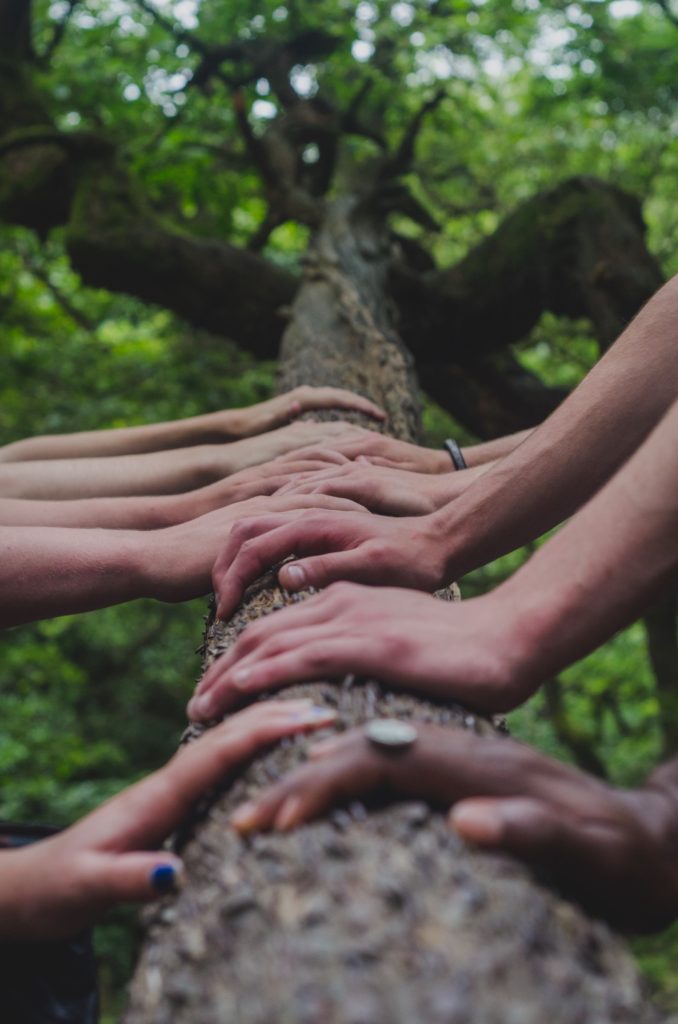All Roads Lead to Dallas
In the old cowboy movies when all the shooting is done, and the dust clears, the hero rides off into the sunset alone. He came, stood for the town against the forces of greed, violence, and villainy and now he takes the lonely road to the next community in need of his brand of justice.

